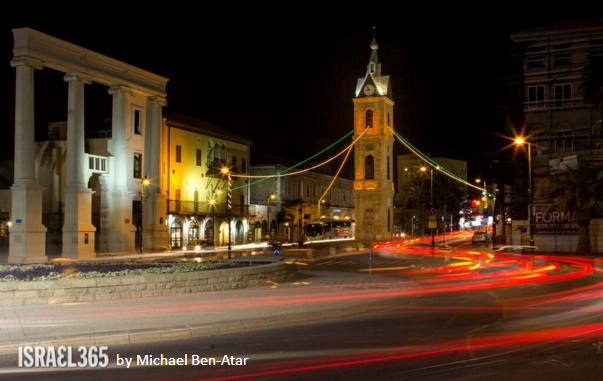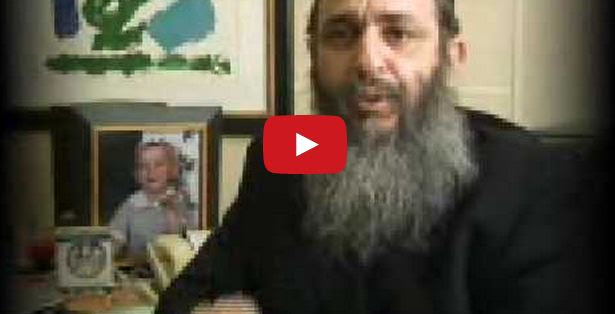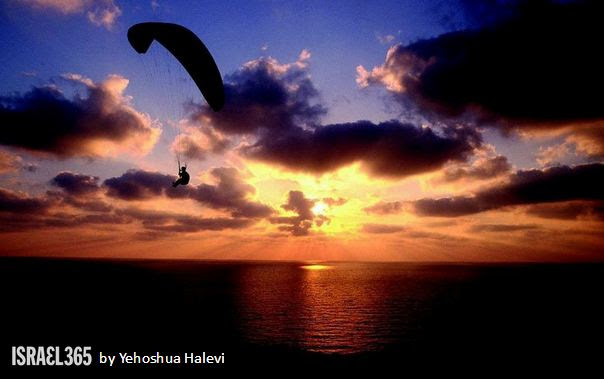The Feast of the Messiah on Passover
“And a shoot shall spring forth from the stem of Jesse, and a twig shall sprout from his roots.” Isaiah 11:1 (The Israel Bible™)
In certain Jewish circles, there is an custom to hold a Seudat Moshiach (Messiah’s Feast) on the last day of the Jewish holiday of Passover.
The Passover holiday commemorates the exodus from Egypt. At the Passover seder, Jewish people around the world recount the story of having been slaves to Pharaoh in Egypt and being redeemed by the Hand of God. In this way, the Jewish people remain connected to their past redemption.
Passover is celebrated for eight days outside the Land of Israel and seven days in Israel. Acharon shel Pesach, the last day of Passover, is associated with the Messiah – and the future redemption.
On the last day of Passover, the prophetic reading in the synagogue comes from Chapter 11 of the Book of Isaiah. This chapter describes the qualities of the Messiah and paints a picture of a future time when complete peace will be found on earth.
Rabbi Menachem Mendel of Lubavitch (known as the Tzemach Tzedek) lived in the first half of the 19th century and was the third leader of the Chabad-Lubavitch movement in Judaism. He explained the connection between the first and the last day of Passover and between the first redemption and the final redemption of the Jewish people.
“The last day of Pesach (Passover) is the conclusion of that which began on the first night of Pesach. The first night of Pesach is our festival commemorating our redemption from Egypt by the Holy One, Blessed be He. It was the first redemption, carried out through Moshe Rabbeinu (Moses, our teacher), who was the first redeemer; it was the beginning. The last day of Pesach is our festival commemorating the final redemption, when the Holy One, Blessed be He, will redeem us from the last exile through our righteous Moshiach (Messiah), who is the final redeemer. The first day of Pesach is Moshe Rabbeinu’s festival; the last day of Pesach is Moshiach’s festival.”
In the afternoon of the final day of the Passover holiday, Hasidim (Jewish followers of Hasidic rabbis), especially Chabad Lubavitch Hasidim, sit down to the Feast of the Messiah, which includes songs, matzah (unleavened bread) and four cups of wine. Additional tasty foods may be added. At a Feast of the Messiah, participants focus on the arrival of the Jewish Messiah and the era of the Final Redemption of the Jewish people.
Rabbi Amichaye Even-Israel, son of the eminent scholar and author Rabbi Adin Steinsaltz, told Breaking Israel News, “The main goal of Seudat Mashiach is to try and internalize the issue of the coming of the Mashiach (Messiah) as a ‘real’ issue and not as a myth or a fairy tale. This is why we eat and drink while discussing this issue – to symbolize that it is real and could be ‘digested’”.
Asked whether there is value in spreading the custom beyond Chabad and other Hassidim, Even-Israel said, “Of course. The faith in Mashiach by so many of us is non-realistic. Many say they do believe – but how many of us really think it’s going to happen soon?”
A guide to conducting a meaningful Seudat Moshiach is available online. It includes songs, stories, activities and questions and answers. The online handbook uses a lot of terminology that will not be familiar to those outside the Chabad community.
The Feast of the Messiah was instituted in the 18th century by the the Baal Shem Tov (literally, Master of the Great Name). The Baal Shem Tov’s given name was Rabbi Yisroel ben Eliezer. This famous mystical rabbi is considered the founder of Hasidism. Although the belief in the ultimate Redeemer of the Jewish people is a central teaching of the Jewish faith, the Baal Shem Tov created the Feast of the Messiah as a way to translate an intangible belief into a tangible action.






















.JPG)
.JPG)
.JPG)
.JPG)
.JPG)
.JPG)
.JPG)
.JPG)
.JPG)
.JPG)
.JPG)
.JPG)
.JPG)
.JPG)
.JPG)
.JPG)






